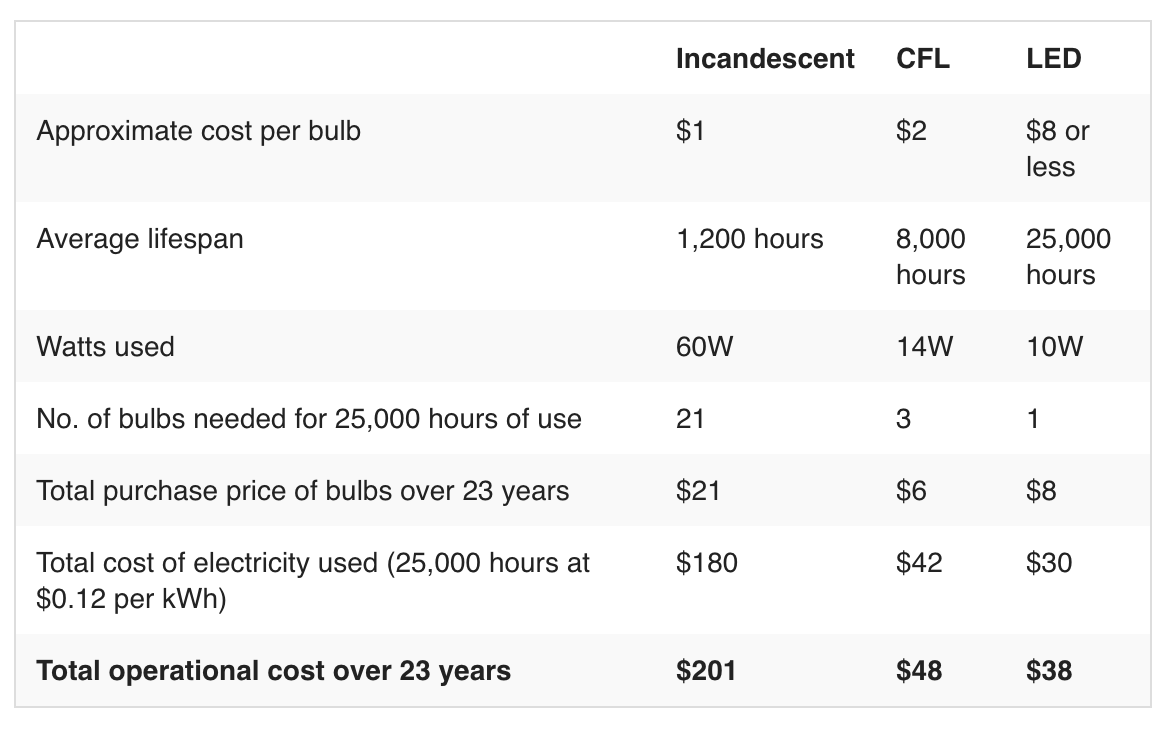Aren’t all businesses “digital”?
If they aren’t now, the winners certainly will be.
“Virtually every firm in every industry is being shaken up by the digital revolution. No chief executive can ignore the onslaught of mobile computing, big data, artificial intelligence and the like. And while companies were once content to wait and see what impact the Internet might have on their business, there is now a broad consensus that processes and practices must be radically transformed to capitalize fully on digital technology.” Zanny Minton-Beddoes, editor of The Economist World in 2015 Report.
“72% agreed with the statement ‘These days I consider my company to be a technology company’” and “97% say that their companies will change more in the next 5 years than the past 5 years.” Research by Fortune 500 CEOs, June 2016.
Which industries are at risk?
It is hard to find any corporate function that is not changing dramatically to take advantage of the disruptive effect of cloud, social, mobile, big data, or that has customers that are not demanding a different and better experience. The obvious areas are where the ‘product’ is information that flowed physically and now it is digital; print, media, video, music.
Next are those where there is a service and a sharable asset. The go-to examples are Uber and AirBnB and this has spawned huge innovation around Uber-for-X and AirBnB-for-X. Some will fail, but many services will survive and thrive.
Even if they fail, they will have still disrupted the status quo. Even industries that seem to be immune because they have a physical product need to take heed. Here is a very stark example:
Philips: 125 year history. 108,000 employees across 60 countries and $25bn of revenue. The incandescent light bulb was invented in 1800’s and it is now being replaced by the LED which is brighter, requires less power, can be its own IP address and therefore controlled by computer…. and lasts 22 YEARS on average. The table below tells the whole story. So Philips is transforming itself to be a “digital company” using its IP, skills and very open-thinking.

Digitizing your business
Docusign’s CEO and chairman, Keith Krach, opened up their annual conference with the statement, “The laws of the jungle have changed. The big no longer eat the small – the quick eat the slow. Lurking in the camouflage are potential disruptors, and they’re ready to jump out”.
Simple adopting the new digital tools inside the company is clearly not enough. The opportunity is to take a clean sheet and re-imagine your business. Krach left the audience with a sobering thought, “A those of you who don’t make it across the digital divide in the next five years, you’re not going to survive.”
Digital definition
First, let me set the scene and help give some definition to “digital _____” (fill in the blank – disruption / transformation / divide / business / trend / age / mosaic).
Marc Andreesen summarized the current phenomenon with a simple phrase “Software is eating the world” which was published in a Wall Street Journal article as far back as 2011. In that article he argued that every business in every industry would feel the disrupting force of technology and the new entrants to the market would have a lasting effect. This was more than a bubble or blip: “We believe that many of the prominent new Internet companies are building real, high-growth, high-margin, highly defensible businesses.”
Martin Gill, with the analyst firm Forrester commented, “Digital technologies empower customers like never before, transforming their relationship with brands and products. The speed with which consumers embrace these new touchpoints is only getting faster, blindsiding firms that struggle to adapt. To compete in the face of digital disruption, your firm must transform, and as an eBusiness leader, you must help shape how. You must enhance your digital customer experience while also driving agility and efficiency through digital operational excellence. This is a tough challenge. Few firms have made the transformation, and many will fall along the way.”
When designing a new “digital business”, here are some areas to consider:
- Look through the customer’s eyes so you design a customer experience that delights
- Understand the “moments of truth” touchpoints for the customer and how you can add value
- Design the complete friction-free end-to-end process, which includes the customer, your teams and 3rd party providers (partners, suppliers)
- Provide the apps that enable your customers to self-serve and your teams perform at their best, when and where they need them
- Build a culture and put in the place the mechanisms for continuous improvement and make change a competence. Speed and agility are key in a rapidly changing world.
- Measure what makes a difference so you can monitor and course correct in real time
Why is process so important this time?
In the list above, points 2 & 3 are process design, point 4 is process automation and point 5 is process improvement. But every company probably has some level of process capability. The new digital businesses need to be at the top of their game. Process excellence is a critical if the business is going to succeed. Hence the comment from Krach about crossing the digital divide:
- The Customer Experience needs to be designed so that it can be delivered consistently across a range of channels; self-service, employees and suppliers.
- There are now so many moving parts (multiple social media touch points, distributed teams, sub-contractors and suppliers, complex set of apps on different devices). These all need to be coordinated to deliver the customer experience.
- The margins are razor thin in most businesses so the operation must be Lean but also rely on a combination of apps as much as people. You cannot just throw people at it to cover up poor process.
- Agility and change are now a prerequisite for a business to stay relevant so you need to be able to manage change in a controlled way.
Implications for process professionals
Celebrate. Your time has come. You are so lucky to be in the role when this digital revolution rolls through. The pace of change may feel scary and there is always a chance that your company does not survive. But you can be part of the vanguard that is driving and executing the new digital strategy. It is going to be a wild ride, so buckle up.

















